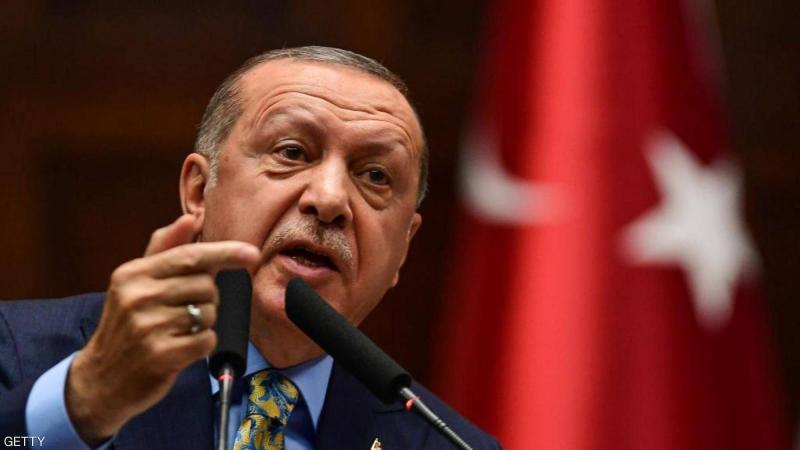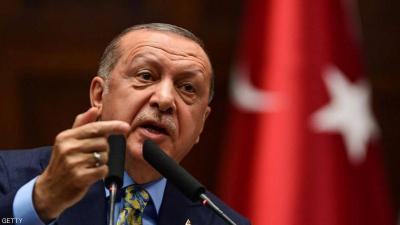Turkish President Recep Tayyip Erdoğan has opened an account on the social media platform "Telegram" after abandoning the use of "WhatsApp" due to its announcement of data sharing with "Facebook."
Erdoğan's media office stated that he joined the ranks of Telegram users, sharing the link to his account, which has garnered over 22,000 followers. In his first post, Erdoğan shared a photo of a cat in the background along with other officials.
In July 2020, the Turkish parliament approved a law expanding government oversight of social media networks, a controversial text raising concerns among free speech advocates. Erdoğan, head of the "Justice and Development Party," claimed that this law aims to stop online insults. He described social media as "corruption" and a "source of lies, defamation, attacks on personal rights, and character assassinations." This came in the wake of a series of tweets purportedly insulting his daughter and son-in-law after they announced the birth of their fourth child on "Twitter." Erdoğan pledged to control social media platforms, and at least 11 people were arrested for questioning regarding the tweets.
The law particularly requires prominent social media networks like Twitter and Facebook, and any platform with over one million daily users in Turkey, to have a representative in Turkey and comply with Turkish court orders to remove specific content. Failure to do so could result in significant fines, the blocking of advertisements, or reducing bandwidth by up to 90%, effectively preventing access.
At that time, opposition parties expressed concerns that the government's plans aimed to limit Turks' access to social media and independent news and information in an environment dominated by pro-government media. Thousands of websites are already banned in Turkey, and in January, the government lifted a ban on "Wikipedia" that lasted over two years after Turkey's highest court ruled it unconstitutional. In 2017, Turkish authorities blocked Wikipedia after it refused to remove content deemed offensive by the government. The Turkish government has also blocked "YouTube" and "Twitter" in the past.
Turkey often blocks websites in response to political events, a move critics and human rights advocates see as part of a broader campaign against media and free expression. In the latest "Transparency Report" published by Twitter, Turkey was the leading country in the first half of 2019 requesting the removal of content from the social network, with over six thousand requests.




